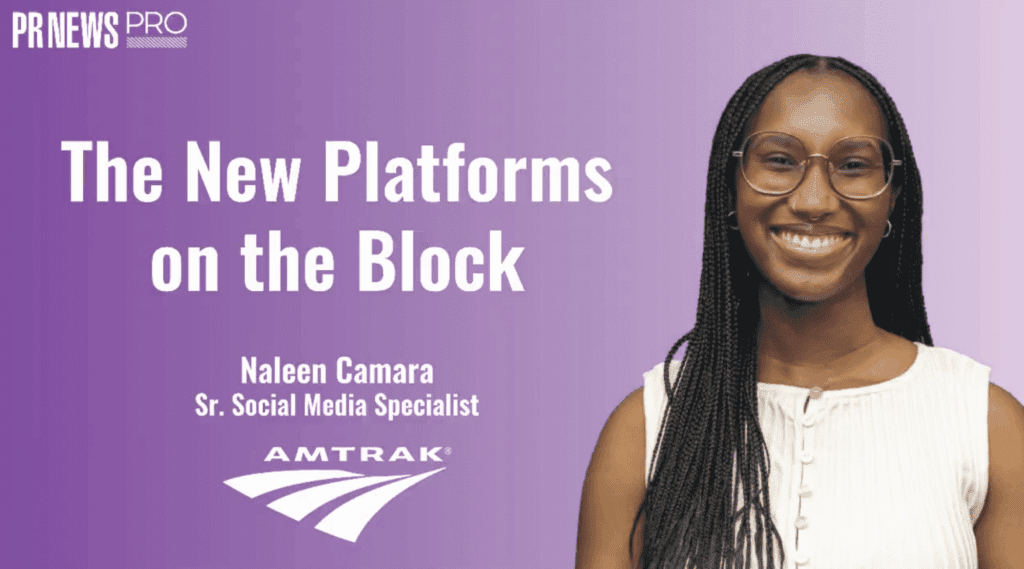A bill that could save the U.S. Postal Service from its fiscal crisis –by placing a cap on revenue growth– may be introduced in Congress by Aug. 2.
The bill, which will probably be sponsored by Rep. John McHugh (R-NY), would tie USPS revenue forecasts to the consumer price index, said H. Robert Wientzen, speaking at Direct Media1s 2001 Client Summit & Co-Op in White Plains, NY.
This would force the USPS to reduce expenses if revenue was below projection, he added.
McHugh’s last postal reform bill, HR-2002, would have placed a cap only on postage increases, Wientzen said.
DMA officials discussed the proposal last month with Rep. Dan Burton (R-IN), chairman of the House Government Reform Committee. However, Wientzen warned that the bill cannot be passed without Democratic support, and that postal reform now has a low priority in Congress.
The proposed measure, which is supported by the DMA and other mailer groups, would give the USPS discretion to set rates–within parameters, said Wientzen. In addition, no one class would suffer an inordinate burden from a rate increase.
The bill would also empower the USPS to set new classes, and negotiate rates that reflect work sharing by mailers. Finally, the Postal Rate Commission would have an audit function, but would not set rates.
The DMA is part of a broad coalition of groups pushing for postal reform. It has also held talks with postal unions.
This effort is necessary because the postal service is now facing a crisis “unlike any it has had in its 226-year history,” Wientzen said.
The proof is the $1 billion deficit projected for the USPS this year despite two rate increases within the last six months, he added. Another raise in rates is expected next year.
Postal management wants a 10% increase in revenue to result from the 2002 hike, Wientzen continued. That means mailers would have to come up with “$7 billion in new postage beyond what you already pay,” he said.
However, $3 billion of this would come from new revenue, leaving $4 billion to be made up mostly by Standard A mailers, Wientzen predicted.
The USPS has floated the idea of a three cent increase for the first-class stamp, but normally the stamp gets only a penny hike, Wientzen said.
Unfortunately, postal reform has a low priority in Congress despite the fact that the USPS is operating under 30 year-old rules.
“Newt Gingrich told us five years ago that reform would be easy–just get the customers behind it,” Wientzen said. But mailers “have not been successful in convincing Washington we want reform.”
Prior to 1970, the post office was a government agency and the Postmaster General was a member of the President1s Cabinet. The 1970 postal reorganization, setting up the USPS, was “triggered by a 1966 incident in which the Chicago post office ground to a stop, caused by a backlog of mail,” Wientzen said. “Some mail was burned.”
Wientzen argued that today’s crisis is worse, and that he fears the postal service “will go the route of Pony Express.”
Unless the industry rallies, the USPS will be “whittled away by the Web, by private-sector competition, and its own bureaucracy,” he continued.
Wientzen added, “I’m getting tired of this subject myself.”
 Network
Network

